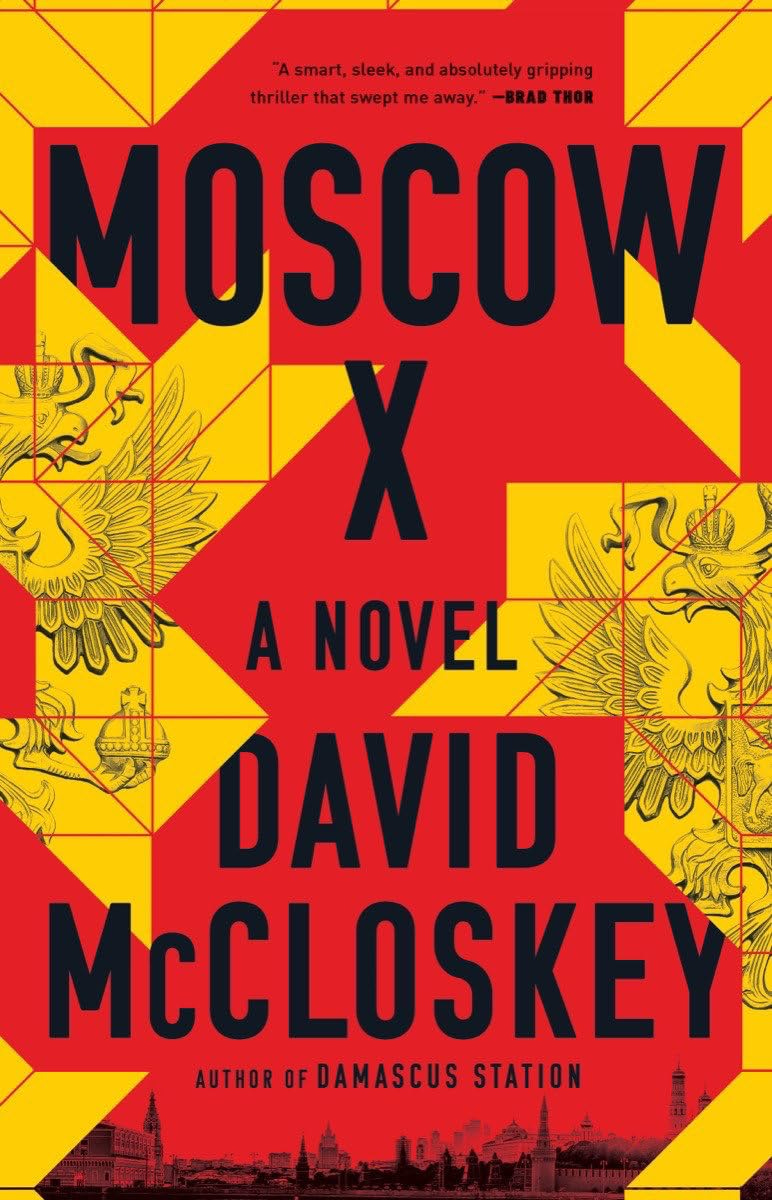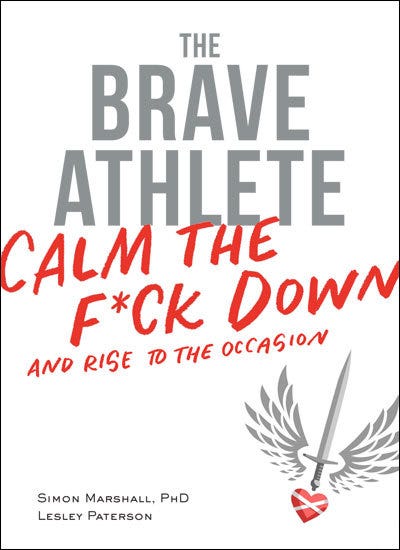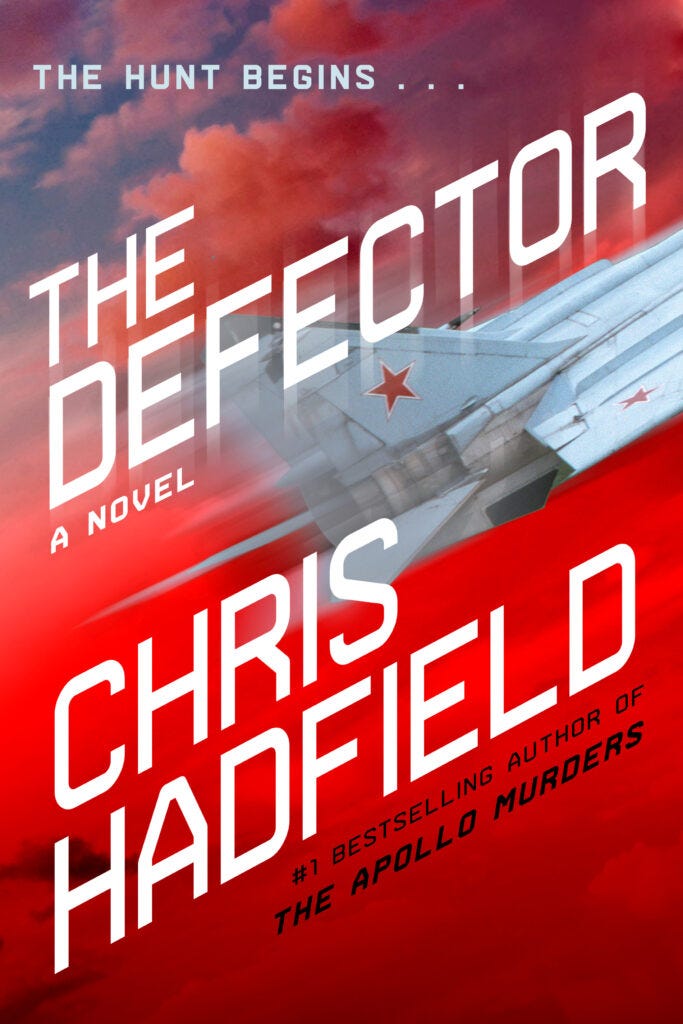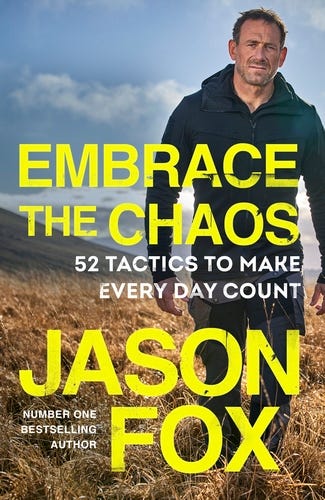The Swimpruf Bookshelf
Summer 2024 Edition
“If you feel the urge to write, just lie down and read a book; it will pass.” - Fran Lebowitz
A while back, I wrote about not writing. Writing another book, that is. After I published Sweetwater last fall, I was feeling a little burned out. Not that writing the book was not enjoyable or particularly difficult, but the subsequent publishing process took too long and turned my labor of love into, well, just labor. Over the winter I decided I wanted to focus my energy on a more physical challenge than a cerebral one, which led to my signing up, and training, for the Fan Dance (it’s in one month—eek!). This freed up some mental space for more reading, and I’ve been consuming books at a rate of about one per week since New Years.
In my recent Q&A post a few weeks ago, some of you asked for my reading recommendations, and I’m happy to oblige. If you haven’t been around here long, and missed my past themed “bookshelf” posts, you can find them here, here, here, and here. I actually find that I listen to about half my books these days in audio format, and read good old wood pulp for the other half. I know that there’s some debate about how these respective formats affect a reader’s, or listener’s, appreciation and retention. For me, much depends on the subject matter, and the narrator. Some books still work best in hard copy. But I guess I’ve also never grown out of the pleasure of having a book read to me. So without further ado, here’s a list of recent books that cover a range of topics, both fiction and nonfiction.
Chamber Divers, by Rachel Lance
My most recent read, this one is for the dive and history nerds. The author is a biomedical engineer who specializes in blast injuries, and her work led her down the rabbit hole of her research forebears who, during World War II, were investigating the effects of underwater explosions, submarine escapes, rebreather development, and mixed gas diving. I’ve long been fascinated by diving science, from Max Nohl’s early 400-foot record plunge in Lake Michigan on heliox, to SEALAB in the 1960s. But Chamber Divers weaves a relatively obscure yarn from the work done by scientists like J.S. Haldane, and pioneering women divers, largely in the UK test tanks at Siebe Gorman while the bombs of the Blitz were falling. Fascinating stuff.
The Chamber, by Will Dean
See a theme developing here? Well, not quite. This one is fiction, a mystery novel in fact. Remember the classic Agatha Christie “locked room” mysteries where a group of people are stuck in a house together and one by one end up dead? Well, this one is the same idea, but set in a hyperbaric chamber aboard a dive support vessel. Will Dean has a knack for writing from a woman’s point of view, in this case a commercial diver named Ellen Brooke, who is stuck inside the book’s namesake pressurized vessel for days of decompression while her diver colleagues start to mysteriously die. It’s a clever idea, since no one can escape, the chamber is constantly monitored, and no one can come inside to investigate. At the risk of a bad pun, the pressure rises throughout the book. The author sent me an advance reader’s copy, so you’ll have to pre-order and wait for it, since it’s slated to be published on August 8th.
Moscow X, by David McCloskey
McCloskey is a well known author of spy thriller fiction and I got this one on the back of reading his earlier book (also highly recommended), Damascus Station. In fact, I’d recommend you go read that one first, since Moscow X is sort of a sequel and some of the characters move across the stories. This latest one feels of the moment; in fact, references to the war in Ukraine, and Putin, feel almost ripped from the headlines. McCloskey is a former CIA man himself and writes with some authenticity, and the book is chockfull of tradecraft and gritty spy lifestyle descriptions that are nothing like the flashy movies we’re used to, though it does jetset between Mexico, the US, and Russia quite a bit. It’s a long read, and I listened to a borrowed library audio version. The narrator’s attempt at a South African accent grated on me, but other than that, was well done.
The Brave Athlete: Calm the F**k Down and Rise to the Occasion, by Lesley Paterson and Simon Marshall
Pardon the profanity in the title, but this book is worth it if you’re looking for some motivation and tips for your athletic pursuits. Gishani and I listened to the audiobook together, read by the two authors, who happen to be a married couple. If Paterson’s name sounds familiar, maybe it’s because she is not only a world champion offroad triathlete, but also an Oscar nominated screenwriter, who co-wrote the 2023 film version of “All Quiet on the Western Front.” Talk about an overachiever. Marshall is no slouch either, being a respected sports psychologist. The book draws from their own experiences, addressing a lot of things we amateur athletes struggle with, from injuries to bad training days, slumps, and self confidence. They inject plenty of wit and humor into the chapters, making for a delightful listen. Even the profanity brings a smile, when read in Paterson’s strong Scottish accent. I think the most important takeaway for me was the idea of simply calling myself an athlete, even though I’m not close to doing it professionally or even that competitively. Once you wrap your head around that, you give yourself permission to live a life that rewards your serious efforts and boosts your confidence. (A sad note: Simon Marshall is currently fighting for his life against an aggressive form of pancreatic cancer.)
The Defector, by Chris Hadfield
Who better to write a Cold War aviation-oriented thriller than a retired Canadian test pilot and astronaut? I read (OK, listened to) Hadfield’s The Apollo Murders a couple years ago, and this one is something of a sequel, though it can stand on its own. The story is set in 1973, during Israel’s Yom Kippur War, when a Russian pilot lands a highly advanced and secretive Soviet fighter plane (the “Foxbat”), ostensibly to defect to the West and turn over this valuable target for dissection and intelligence gathering. But is he what he says he is, or has he been planted by the Soviets? I’m not going to give it away, but suffice it to say, Hadfield’s knowledge, and his surprising talent as a fiction writer, make this a ripping yarn and a real page turner.
Embrace the Chaos, by Jason Fox
I’ll admit, I came to this book as a bit of a “Foxy” fanboy. He is a former UK Special Forces operator, TV personality, and highly visible ambassador for both Bremont watches and ThruDark clothes. But for all his virile swagger, the guy is refreshingly frank and honest when it comes to his own flaws, past struggles, and mental health, so I was intrigued about what he might have to say about “tactics to make every day count” (the book’s subtitle). While sometimes simplistic in delivery, the points Fox makes in each short chapter are worth absorbing, and though much of his own experience was on the sharp edge of danger, he does a good job of relating to some of the struggles those of us leading more ordinary lives might face, such as work presentations, physical goals, or mental health struggles. I started listening to it on the plane en route to California for the diving expedition a few weeks ago, and it was just what I needed to get psyched up and calmed down for the tasks ahead.
Giving, and getting, book recommendations is one of life’s great pleasures, along with cooking and eating with people, or sharing an epic adventure. Hopefully some of these will resonate with you, and give you some reading material for the hammock, backyard patio, or Porta-ledge (see lead image) this summer. I’d love to see your own recommendations, so feel free to drop them in the comments.








While reading this I've realized that I've been reading only book series for last year or so. Harry Hole series by Jo Nesbø and Jack Carr James Reece series. Other then that, book that I found fascinating was: The Comfort Crisis: Embrace Discomfort To Reclaim Your Wild, Happy, Healthy Self by Michael Easter and I would recommend that everyone find time to read this book. I would also recommend two biographies: Bourdain: The Definitive Oral Biography by Laurie Woolever and The Last Viking: The Life of Roald Amundsen by Stephen R. Bown
“La Place de la Concorde Suisse” by John McPhee
“Eiger Dreams” by Jon Krakauer
Both books read / re-read because of a guided hiking trip to Switzerland. McPhee is a master of making non-fiction enjoyable / interesting / not dry. I was somewhat familiar with Swiss military readiness, but had no idea how extensive and intense this is. Eye opening.